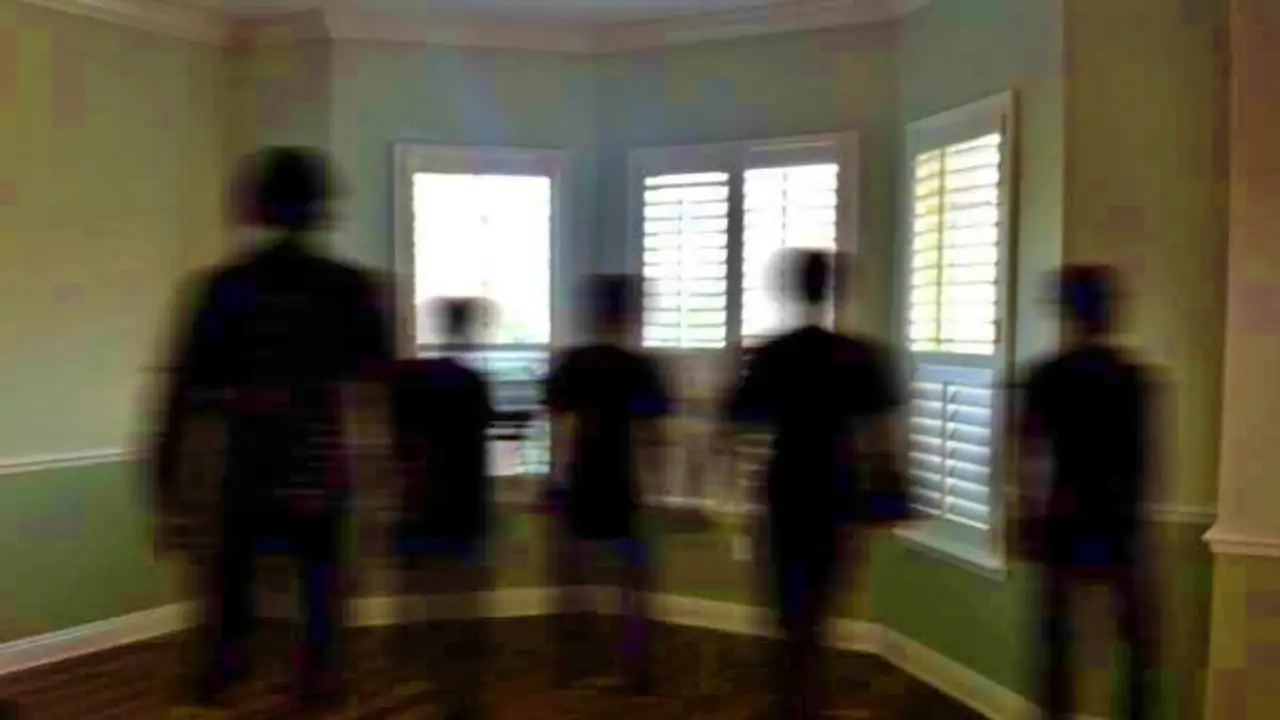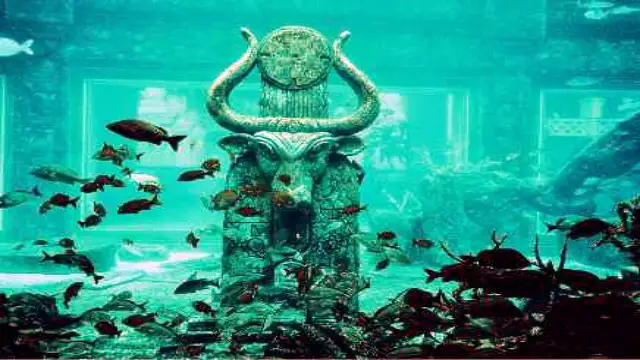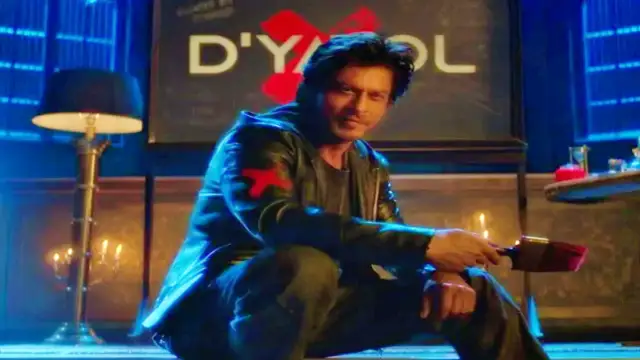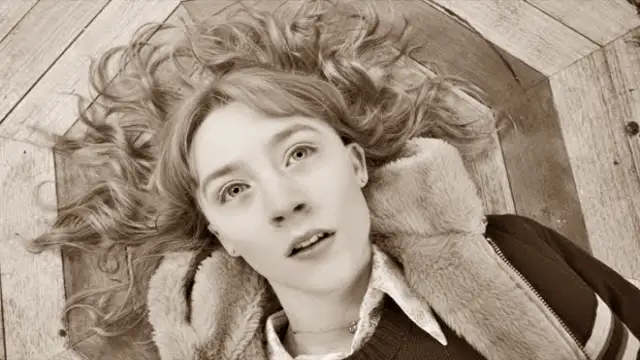
The mantra of “cinematic” as a purely visual realm has dominated discussion and teaching of film in the past few decades, degrading the once fruitful connection cinema once had to the stage. But films that experiment with highly compressed, verbal drama aren’t strictly based on plays, and there is an art to filming talk and the people doing it that can test the mettle of a filmmaker in some refined and rigorous ways. Steven Knight’s Locke is one such experiment, delivering an unusual film experience: the title character, Ivan Locke, played by Tom Hardy, is the only character to appear, and the entire film takes place in his car on a ninety-minute car trip from Birmingham to London, most of which he spends talking to assorted colleagues and family on his speaker phone. This sounds dry to the point of tedium in abstract, but Knight, debuting as director after writing some quality screenplays amidst a long and laborious career in TV writing, manages for the most part to make it a riveting journey through the steadfast belief that any dramatic conceit can be made compelling if the drama is strong. Such a conceit requires a serious actor and Hardy delivers, with his voice dropped to a low, dextrous midland burr, which sounds uncannily like Richard Harris in his more thoughtful performances. The first shot surveys an empty building project, which Locke leaves in his BMW: faced with a crossroads, Locke zones out in deeply distracted contemplation whilst indicating a turn, until a truck blaring its horn at him rouses him. He heads off in a different direction, leaving town and getting on the motorway, before he begins making a series of phone calls that drip-feed vital information to the viewer and quickly paint a fraught picture of a man whose life is about to unravel. Locke is a construction foreman at the forefront of his trade, in charge of a record-breaking concrete pour for the foundation of a massive skyscraper being built by a Chicago-run conglomerate. But conscience, based in a deeply personal motive, sends him instead to London because a woman he had a one-night stand with, Bethan (Olivia Colman), is having his child. Caught off guard and forced to explain and minimise the damage his scruples will cause, Locke is forced not only to leave behind his job, resulting in inevitable sacking by the higher-ups and mediated through his cranky corporate liaison Gareth (Ben Daniels), but also to tell his wife Katrina (Ruth Wilson, whose voice is better utilised here than her whole body was in The Lone Ranger) what’s happening.

Needles of humiliation and dread constantly prick Locke and the audience who are forced into identification with him: his family are preparing to watch a big football match, his wife greets him cheerily on the phone, his boss is alternately irate and beggared. Locke’s reputation as the most steadfast and thoroughly committed man in all things is hauntingly shattered, the ultimate calamity for a man whose life, we learn, is built on reaction to and resentment for his own vagrant father, and instead strives towards correctness and dedication in all things. The potential dead spots in the film are filled by Locke’s bilious rants at his father, whom he imagines riding in the back seat, wishing he could dig up his corpse to force him to watch his self-sacrificing quest to do what his father failed to do, and attend the birth of a son. Locke’s predicament, and his response to it, reveals an igneous strain of honour and stringent, self-sabotaging truthfulness. He thoroughly expects the worst, and even provokes it, by refusing to hide behind a good excuse or expedient fib, clearly in large part to castigate himself for his singular transgression. The phone becomes his lifeline to an existence he is increasingly cut off from, the isolating bubble of metal and movement both allowing him time to wage his battle on multiple fronts whilst also staving off the moment when a new reality will confront him. Locke’s cool under pressure is tested to breaking point, but still only results in occasional violent eruptions of profanity when not on the phone, and his coldly furious speeches to his imagined father confirm the long withheld resentment and anger that he’s long since transmuted into fuel for obsessive labour. Locke’s genius for detail and leadership is revealed as he coaches his Irish assistant Donal (Andrew Scott) through the minutiae of getting the site ready for the huge pour, and resisting Gareth’s efforts to impose a new foreman on the operation. Locke’s depth of knowledge and determination on the behalf of a project that’s no longer his sees him pulling rabbits out of hats, tracking down a council yes-man in an Indian restaurant to secure a vital permit, and sending Donal running after a crew of road workers Locke knows to fetch them for an urgently needed repair job. Locke’s legerdemain in his trade is counterbalanced, however, by his inability to translate it in his relationships. His dedication is resented by his wife once the skin of amity and affection is whisked off by his scalpel-like attitude. His blind spots are revealed pitilessly even as he thinks he’s illuminating them, in his attempts to placate Katrina and fend off Bethan’s desperate need for expressions of affection, dismissing Bethan to Katrina as “no oil painting,” an ageing wretch he slept with because of booze and pity. Yet the portrait that sneaks through of Bethan suggests a cultured and intelligent woman in emotional straits.

Knight here has tackled a daunting and ambitious dramatic mode that comes damn close to classical Greek tragedy. The compressed time period, limited setting, the chorus-like device embedded in Locke’s monologues, the imperial-scaled moment of his triumph brought low by ill-starred fortune: all evoke that ancient mode. So too does the ultimate theme of Locke’s hubris, and the irony of his private moral compass demanding his own destruction in the face of that hubris, evoking “Oedipus Rex” no less. Simultaneously, the film’s stunt-like form and theme of entrapment and phone calls painting an unexpectedly ugly picture of an individual’s situation recalls Lucille Fletcher’s famous radio play “Sorry Wrong Number” and Anatole Litvak’s film of it (1948), with the genre tension removed. Locke also could be described as a blue-collar variant on Knight’s former collaborator David Cronenberg’s Cosmopolis (2012), with the same motif of a successful protagonist within a car that becomes home and prison and refuge, detonating his existence. Knight’s attention to detail means that the zones on the other end of the various phones seem real and immediate, whilst the conversations Locke intricately foreshadow, underline, and revise those before and still to come. Landing an actor with Hardy’s dexterity was Knight’s major coup. Adopting that sustained Harris impression, with an occasionally wandering accent to boot, might have been a grave mistake. But Hardy constructs Locke as an unusual blend of the blunt and the fastidious, the intelligent and the blinkered, and his voice polarises Locke’s individuality. What’s really important is Hardy’s commitment to Knight’s words, which sometimes suggest the influence of such stylised modern theatre mavens as Pinter and Stoppard in their blend of everyday argot and slippery formalism. That formalism is presented as Locke’s weapon in keeping control and asserting himself against, the careful, tense rhythm of his words linked with his sonorously expressive voice. Locke’s identity is fragmented and distorted even as he protests “I am myself.” Hardy can invest a role with both a simmering aggression and slyly magnetic gravitas, both of which he sublimates here into Locke’s overriding priorities: Locke the beloved father, Locke the great boss, Locke the seducer, Locke the jerk, Locke the fool, all come and go with scarcely a ripple in his force of purpose and yet finally creating a psychic drag that becomes exhausting. Telling hints of gloating enter his voice when things start going his way, doomed to be dashed, before Hardy delivers the final, curious grace note that suggests release and new hope when his life seems to be broken beyond repair, found simply in the fact that he’s passed the worst test he could set himself and has been met by new life.

Knight’s main fault is his tendency to do too much, to try and fill every moment when space and quiet might have built more tension and ambiguity. He provides a portrait that’s just a little too neat and convenient, particularly in those monologues, which offer up the keys to Locke’s psychological and moral reflexes far too obviously and tritely. The script toys with contrivance in having too many colliding crises – we have not just an impending construction job on a pharaoh’s scale, but that abutting an emergency caesarean and guilty adulterer’s admission. Knight’s direction, fixated with blurred lights of passing cars and portents offered by racing police cars lassoing wrongdoers left and right whilst out guilty hero proceeds, is a tad sophistic as Knight fights to keep his gimmick vacuum sealed until the very end. The best moments in Nuri Bilge Ceylan’s Once Upon a Time in Anatolia (2012), a film not that dissimilar in terms of both form and overarching concepts, tended to be the islets that took time-out from the forced march that was the main narrative as well as adapting a rhythm that fit that march, and Knight’s focus cheats him of the chance to make subtler artistic refrains with his camera. Cronenberg wrung Knight’s script for Eastern Promises (2007) for an ephemerally atmospheric tale that suggested a Grimm fairy tale for adults, particularly in its potentially melodramatic finale; Knight doesn’t yet offer such spryness, and his sense of the lyrical is chiefly verbal. A line spoken by Wilson over the phone, “At least I won’t have to deal with your footprints turning to stone in the kitchen anymore,” lends an unexpected dash of bleak poeticism to the tale, taking a minor physical detail – Locke’s worship of concrete has the side-effect of leaving traces of it caked on his kitchen floor – and turning it into the cruel yet ethereal aural image of a man turning into a Golem in this face of his wife and children. Locke is definitely imperfect, but is still a fascinating ride that, like its hero, sets out to do something difficult and does it well.



















